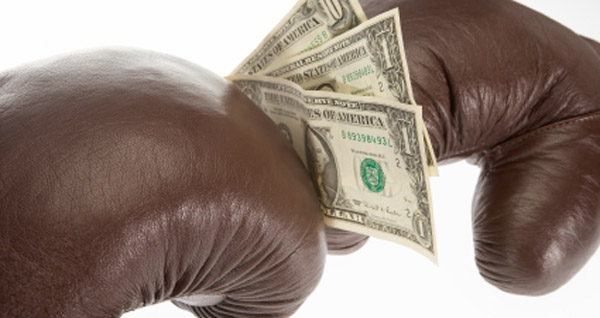Wall Street Reform Bill Could Be a Big Win for the Farm Belt
Everyone in America remembers the summer of 2008 when gas prices rose to over $4.00 a gallon. The puzzling price spike caused hardship for many Americans, but it had a disproportionate impact on farmers given that energy costs are one of farmers' biggest costs of doing business. A repeat of this scenario not only threatens consumer pocketbooks and farm livelihoods, but could be a serious setback to an already slow economic recovery.
That possibility just became much more remote due to some last-minute maneuvers involving the Wall Street reform bill slated to be voted on in Congress this week. The derivatives chapter of the bill specifically cracks down on the energy and food commodity speculation that elevates the cost of farming and socks it to consumers.



 Reckless swaps and derivatives trading played a critical role in the financial crisis, inflating the domestic housing bubble and turning it into a global economic catastrophe. As the House and Senate conference committee begins final work on the financial services reform bill, it is critically important that we wall off the casino from the taxpayer guarantee. If big banks want to gamble they need to do so with their own money. Nobel prize-winning economist
Reckless swaps and derivatives trading played a critical role in the financial crisis, inflating the domestic housing bubble and turning it into a global economic catastrophe. As the House and Senate conference committee begins final work on the financial services reform bill, it is critically important that we wall off the casino from the taxpayer guarantee. If big banks want to gamble they need to do so with their own money. Nobel prize-winning economist  When the Senate bank reform legislation passed in May, Senate Majority Leader
When the Senate bank reform legislation passed in May, Senate Majority Leader 
 Even though the
Even though the